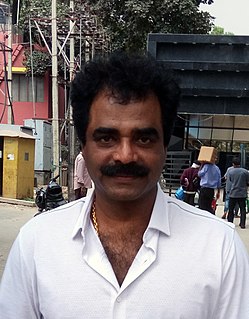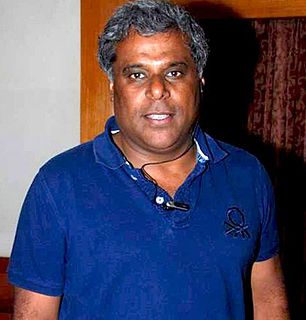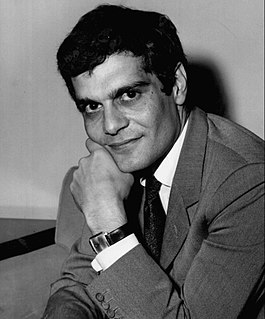A Quote by Rockline Venkatesh
I keep myself updated about films in other languages.
Related Quotes
Always keep absorbing art and looking at paintings and reading books and watching movies in other languages, just getting to know the world at hand and the world of the past. It's important to keep absorbing the world and keep engaging with it, and often that means not thinking about movies and thinking about other things.
I work in Hebrew. Hebrew is deeply inspired by other languages. Not now, for the last three thousand years, Hebrew has been penetrated and fertilized by ancient Semitic languages - by Aramaic, by Greek, by Latin, by Arabic, by Yiddish, by Latino, by German, by Russian, by English, I could go on and on. It's very much like English. The English language took in many many fertilizations, many many genes, from other languages, from foreign languages - Latin, French, Nordic languages, German, Scandinavian languages. Every language has influences and is an influence.
My impression was and is that many programming languages and tools represent solutions looking for problems, and I was determined that my work should not fall into that category. Thus, I follow the literature on programming languages and the debates about programming languages primarily looking for ideas for solutions to problems my colleagues and I have encountered in real applications. Other programming languages constitute a mountain of ideas and inspiration-but it has to be mined carefully to avoid featurism and inconsistencies.
Americans don't speak foreign languages, by and large. Their interest in anything beyond the borders of the country is limited. A European of any cultivation has to speak a couple of languages; he inevitably without being very thoughtful about it gets to understand what other people think about him.
Writing in African languages became a topic of discussion in conferences, in schools, in classrooms; the issue is always being raised - so it's no longer "in the closet," as it were. It's part of the discussion going on about the future of African literature. The same questions are there in Native American languages, they're there in native Canadian languages, they're there is some marginalized European languages, like say, Irish. So what I thought was just an African problem or issue is actually a global phenomenon about relationships of power between languages and cultures.






























